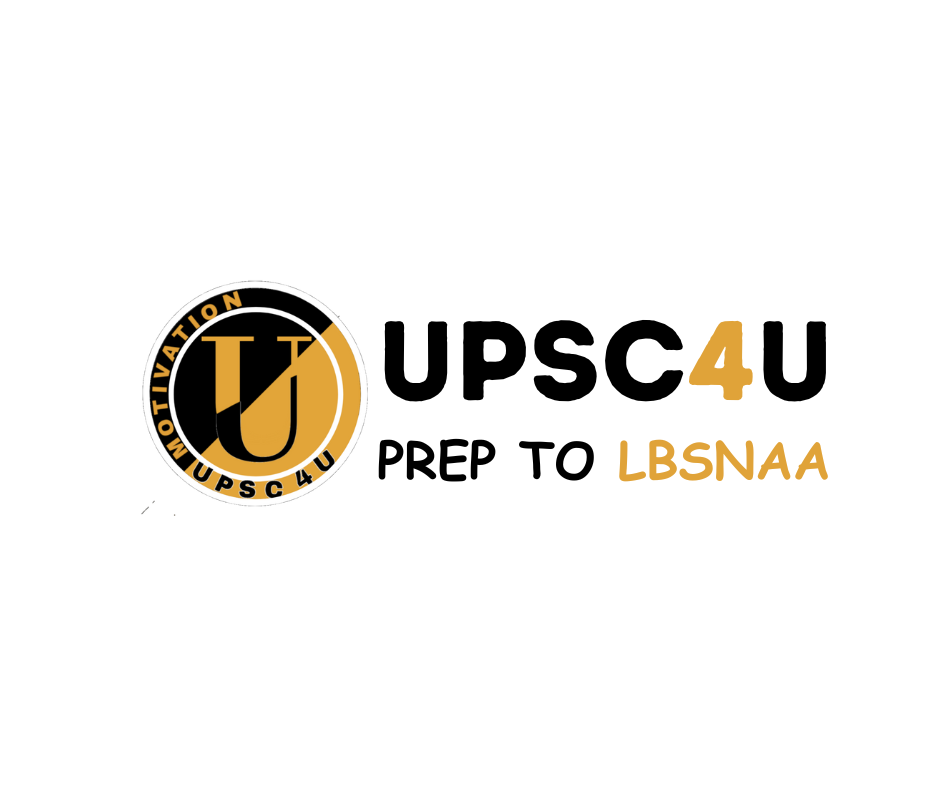UPSC 2026: If you’re considering making UPSC 2026 your sincere and serious attempt, but you’re currently feeling stuck and confused, know that everything is still possible. You have exactly seven months for Prelims and ten months for Mains, which is perfectly adequate time for preparation.
Whether you’re a complete beginner and haven’t read a single book yet, or you’re experienced but have fallen behind in your preparation for some reason, this roadmap can get you back on track.
UPSC 2026: The Perfect 7-Month Comeback Plan and ‘Golden Months’ Strategy for Beginners…….
Why are the next three months “Golden Months”?
The festive season is over, and this is the perfect time to make the biggest comeback in your preparation. The coming three months (November, December, and January) are called the “Golden Months” of the entire UPSC journey.
If you use these months slowly, steadily, and in the right direction by following a regular, simple, and consistent plan, you can easily surpass even those candidates who already have Mains or interview experience. More than 90% of the candidates will unknowingly waste this crucial time.
Common Confusions During Preparation
Many doubts arise during preparation, such as: How to manage Prelims and Mains simultaneously? Which subject to start with? Which book to read first? When to start answer writing? And most importantly, how to cover current affairs?. Time flies by without realizing it.
To overcome these confusions and make your preparation successful, we will divide the entire preparation into two phases:
Complete Roadmap for UPSC 2026: Two Phases
Phase 1: Consistent Phase (November 1 to March 31)
In this phase, we have to target both Prelims and Mains in a very balanced manner, completing all the required topics.
Phase 2: Revision and Prelims-Specific Phase (April 1 to May 23)
This phase will focus entirely on Prelims, where we have to do two to three full revisions with lots of practice.
Phase 1: Detailed Subject-wise Strategy
Here’s a realistic and practical timetable for how you can start as a beginner:
- Polity (PITI) – 21 days
- Deadline: November 1st to November 21st.
- Importance: This is a highly scoring subject for both Prelims and Mains, and requires limited reading (the productivity ratio is very good).
- Sources:
◦ NCERT: Class 11th’s Indian Constitution at Work (essential for basic understanding).
◦ Standard book: Laxmikant. (Note: Laxmikant covers 100% of the Constitutional portion of GS Paper 2 for Mains, but not the entire Polity).
- History (History) – 35 days
- Deadline: November 22nd to December 26th.
- Reason: The more you procrastinate on this subject, the more unnecessary headaches it will cause, so it’s important to study it on time.
- Ancient History – 8 days: Read Old NCERT (R.S. Sharma) and Vajiram & Ravi’s Quest Notes/New NCERT Themes in India.
- Medieval History – 7 days: Read Old NCERT (Satish Chandra) and Vajiram’s Quest Notes/New NCERT Themes.
- Modern History – 20 days: Read only Spectrum. No NCERT required for this.
- Ethics (GS-4) – 15 days (Mains dedicated slot)
- Deadline: December 27th to January 10th.
- Goal: Even completing 70% of Ethics in this slot will do the trick.
- Strategy: Prepare definitions and two examples (one from your own real-life) of all keywords given in the Mains syllabus (such as attitude, emotional intelligence, values, morals).
- Standard book: Lexicon (if you want to read a standard book).
- Economy – 26 days
- Deadline: January 11th to February 5th.
- Reason: The reason for this is that the Economic Survey will be released on January 31st and the Budget on February 1st. Unless you have a basic understanding of the economy, you will not be able to understand these documents properly.
- Sources:
◦ NCERTs: Indian Economic Development for Class 11th and Macroeconomics for Class 12th.
◦ Standard Book: Choose any source from Ramesh Singh, Nitin Singhania Sir, Vivek Singh, Sanjeev Verma Sir, or Mrinal Sir’s notes/lectures. - Use: Surveys and Budgets will help you add points to your Prelims as well as Mains answers.
- Science – 10 days
- Deadline: February 6th to February 15th.
- Source: There’s no need to read all the NCERTs from grades 6th to 12th; just read their summary PDFs. Use a compilation from a good coaching institute (like Zero IAS or Only IAS) for clarity of concepts.
- Geography – 25 days
- Deadline: February 16th to March 12th.
Sources:
◦ NCERTs: Four NCERTs from Class 11th and 12th are essential. (Many candidates skip the Class 12 NCERTs: Economic Geography and Human Geography, but UPSC is now asking questions on minerals as well.)
◦ Standard Book: Cover only the climate portion of G.C. Long.
- Practice: Do mapping together. Try to locate any facts you read in the NCERT on the map book.
- Environment – 10 Days
- Deadline: March 13th to March 23rd.
- Sources:
◦ Four chapters from the Ecology unit in Class 12th Biology NCERT.
◦ Standard Book: Choose only one from Shankar IAS or PMF IAS. - Practice: Focus on mapping biosphere reserves, national parks, Ramsar sites, tiger reserves, etc.
- Art and Culture – 8 days
- Deadline: March 24th to March 31st.
- Sources:
◦ Fine Arts NCERT (architecture section is well covered here).
◦ Nitin Singhania: Read only important chapters; there’s no need to read the entire book page by page.
◦ CCERT PDF (government source for dance, music, and art forms).
Daily Mandatory Routine
To balance your preparation, these things should not be skipped from November 1st onwards:
Routine
Time Limit
Notes
Current Affairs
45 minutes to 1 hour
Keep covering daily newspapers and monthly magazines.
Optional Subject
2 hours
Take Paper 1 from November 1st to February 5th.
Optional Subject
1 hour
Switch to Paper 2 from February 6th. After March 13th, give only 1 hour.
Practice and Test Goals
- MCQ Practice
- Overall Goal: Aim to solve 7500 MCQs throughout your Prelims preparation. If you can achieve this many, no one can stop you from clearing Prelims.
- Sectional Tests: Take at least three sectional tests for each subject.
- Daily Questions: Solve 10 to 15 additional questions daily (they don’t necessarily need to be from your current subject).
- PYQs (Previous Year Questions)
- Prelims: Solve PYQs (e.g., in Polity) from the last 25 years.
- Mains: Solve Mains PYQs from 5 to 7 years ago.
- Answer Writing
The Mains exam is no longer just a game of knowledge, but a pure game of how you express your knowledge under pressure in just 250 words within seven minutes. You need daily answer writing practice.
Start with positivity
If you’re feeling even a little self-doubt or fear of failure, immediately start with positivity. Write to yourself: “Yes, I will clear UPSC in 2026 itself and I will achieve my dream.”



